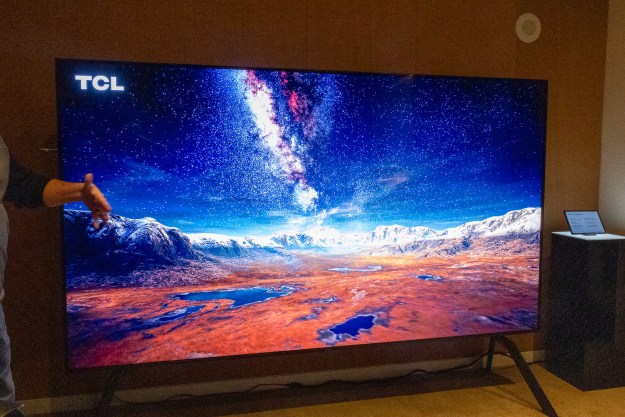If you’re planning to watch some of your favorite movies in 4K on iTunes any time soon, you might be out of luck for the time being. Reports from iTunes customers on Twitter and various support forums indicate that a number of high-profile movies have been switched from 4K “ultra” resolution to regular HD — and nobody seems sure why.
Initially, reports from outlets like 9to5Mac indicated that the affected titles all came from Warner Bros., and included big hits like the Harry Potter series, Fast & Furious 6, X-Men: Days of Future Past, and both Matrix sequels (which is a bummer for anyone looking to catch up before the rumored Matrix 4 arrives). After more investigation, it looks like affected films come from a number of studios, including Columbia, MGM, and 20th Century Fox. It doesn’t matter if you already own the movies in 4K or if you have yet to purchase them — at the moment, these titles will play in 1080p HD only.
Apple customer service told one user that the problem was on Warner Bros.’ end, although the addition of other studios implies that the change is either a bug or a policy shift on Apple’s side. Interestingly, forum users have noticed that the list of affected titles varies across different regions. Some customers report that on the Apple TV 4K device, many of the formerly 4K films still show up under their list of
Apple began offering 4K films through iTunes in 2018, alongside the release of the Apple TV
If your movies are eligible for the Movies Anywhere program, which lets you consolidate your film library from across different streaming platforms, you’ll still be able to watch them in 4K via that service, provided that you have compatible hardware and a 4K-capable display. If you don’t, you really should. With four times as many pixels as a regular HD screen,
Editors' Recommendations
- What we want to see from the next Apple TV 4K
- Samsung’s new 98-inch DU9000 4K TV is just $4,000. Can it beat TCL and Hisense?
- Vizio’s first 86-inch 4K TV is coming soon, for $999
- Belkin drops a $50 mount for iPhone video calls on Apple TV 4K
- If you don’t see CBS in 4K on YouTube TV, try this


